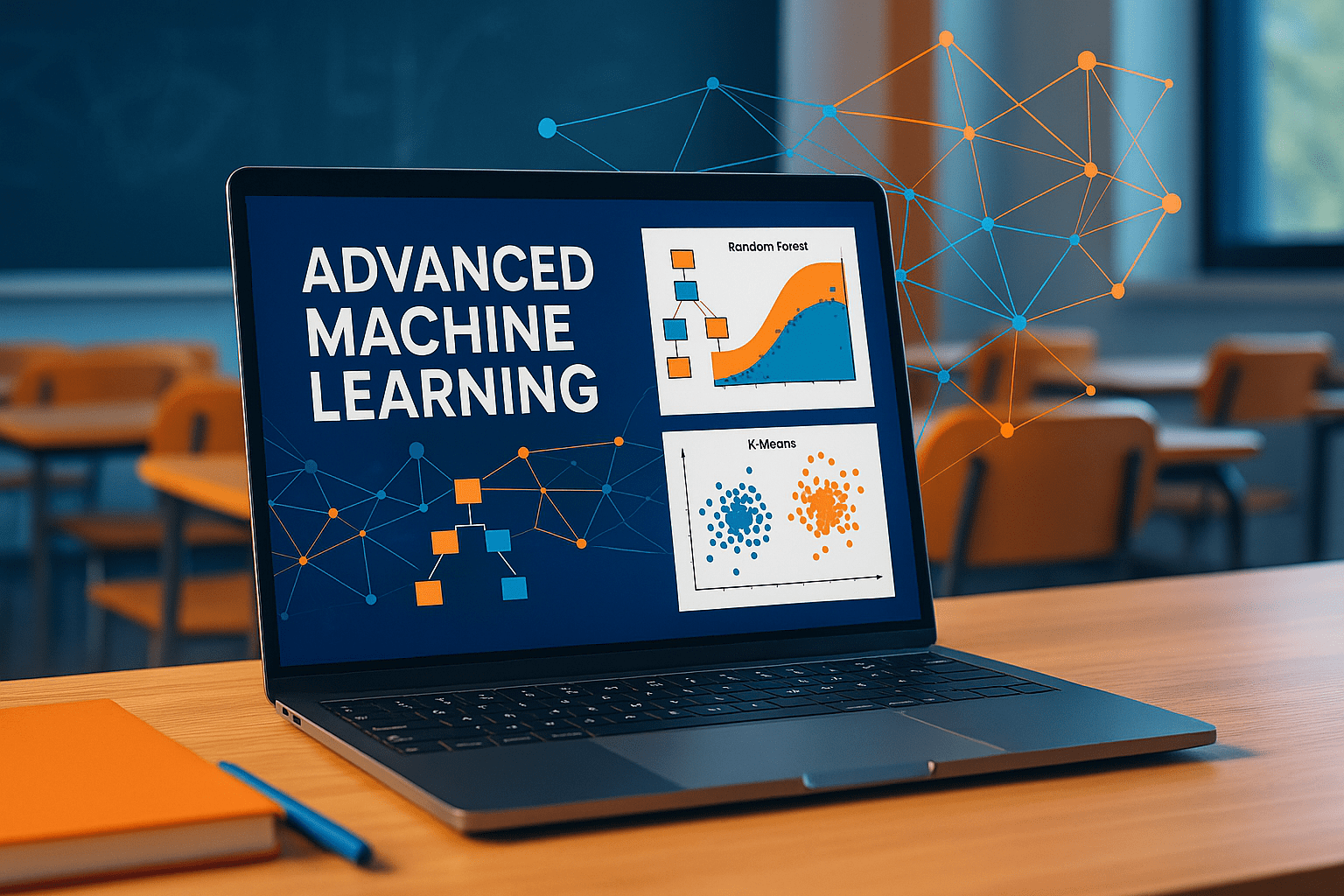Course Features
Price
Study Method
Online | Self-paced
Course Format
Reading Material - PDF, article
Duration
6 hours, 5 minutes
Qualification
No formal qualification
Certificate
At completion
Additional info
Coming soon
- Share
Overview
IGCSE Astronomy opens the door to understanding the universe, from the motion of planets in our Solar System to the life cycles of distant stars. This course provides a clear, structured journey through the core ideas of astronomy, giving learners both scientific knowledge and practical observational skills.
You’ll begin with the foundations of astronomy, exploring how early astronomers mapped the sky and how modern scientists use telescopes, space probes, and advanced imaging technologies to study celestial objects. As you progress, you’ll discover the structure of the Solar System, compare terrestrial and gas-giant planets, learn how the Moon’s phases work, and analyse the role of gravity in shaping planetary motion.
The course then moves outward into deep-space topics, including how stars are born, how they evolve, and what happens when they die in spectacular events such as supernovae. You will study stellar classifications, black holes, neutron stars, and pulsars. The module on galaxies expands your understanding further, introducing the Milky Way, galaxy types, the Big Bang Theory, cosmic expansion, dark matter, and dark energy.
A dedicated section on exoplanets and habitability examines how astronomers search for life beyond Earth, what makes a planet habitable, and how advanced detection techniques—like transit measurements and radial velocity—are used to confirm new worlds.
You’ll finish with practical skills in observational astronomy. This includes using telescopes, interpreting night-sky measurements, analysing celestial charts, and understanding how satellites and observatories contribute to modern research.
By the end of the course, you will have a strong foundation in astronomy and a practical appreciation for how scientists explore the universe. Learners will also receive a free course completion certificate. Multiple premium certificate and transcript options are available for students who want official verification. You’ll also have access to 5-star rated support, available 24/7 via email.
Who is this course for?
IGCSE Astronomy opens the door to understanding the universe, from the motion of planets in our Solar System to the life cycles of distant stars. This course provides a clear, structured journey through the core ideas of astronomy, giving learners both scientific knowledge and practical observational skills.
You’ll begin with the foundations of astronomy, exploring how early astronomers mapped the sky and how modern scientists use telescopes, space probes, and advanced imaging technologies to study celestial objects. As you progress, you’ll discover the structure of the Solar System, compare terrestrial and gas-giant planets, learn how the Moon’s phases work, and analyse the role of gravity in shaping planetary motion.
The course then moves outward into deep-space topics, including how stars are born, how they evolve, and what happens when they die in spectacular events such as supernovae. You will study stellar classifications, black holes, neutron stars, and pulsars. The module on galaxies expands your understanding further, introducing the Milky Way, galaxy types, the Big Bang Theory, cosmic expansion, dark matter, and dark energy.
A dedicated section on exoplanets and habitability examines how astronomers search for life beyond Earth, what makes a planet habitable, and how advanced detection techniques—like transit measurements and radial velocity—are used to confirm new worlds.
You’ll finish with practical skills in observational astronomy. This includes using telescopes, interpreting night-sky measurements, analysing celestial charts, and understanding how satellites and observatories contribute to modern research.
By the end of the course, you will have a strong foundation in astronomy and a practical appreciation for how scientists explore the universe. Learners will also receive a free course completion certificate. Multiple premium certificate and transcript options are available for students who want official verification. You’ll also have access to 5-star rated support, available 24/7 via email.
Requirements
IGCSE Astronomy opens the door to understanding the universe, from the motion of planets in our Solar System to the life cycles of distant stars. This course provides a clear, structured journey through the core ideas of astronomy, giving learners both scientific knowledge and practical observational skills.
You’ll begin with the foundations of astronomy, exploring how early astronomers mapped the sky and how modern scientists use telescopes, space probes, and advanced imaging technologies to study celestial objects. As you progress, you’ll discover the structure of the Solar System, compare terrestrial and gas-giant planets, learn how the Moon’s phases work, and analyse the role of gravity in shaping planetary motion.
The course then moves outward into deep-space topics, including how stars are born, how they evolve, and what happens when they die in spectacular events such as supernovae. You will study stellar classifications, black holes, neutron stars, and pulsars. The module on galaxies expands your understanding further, introducing the Milky Way, galaxy types, the Big Bang Theory, cosmic expansion, dark matter, and dark energy.
A dedicated section on exoplanets and habitability examines how astronomers search for life beyond Earth, what makes a planet habitable, and how advanced detection techniques—like transit measurements and radial velocity—are used to confirm new worlds.
You’ll finish with practical skills in observational astronomy. This includes using telescopes, interpreting night-sky measurements, analysing celestial charts, and understanding how satellites and observatories contribute to modern research.
By the end of the course, you will have a strong foundation in astronomy and a practical appreciation for how scientists explore the universe. Learners will also receive a free course completion certificate. Multiple premium certificate and transcript options are available for students who want official verification. You’ll also have access to 5-star rated support, available 24/7 via email.
Career path
IGCSE Astronomy opens the door to understanding the universe, from the motion of planets in our Solar System to the life cycles of distant stars. This course provides a clear, structured journey through the core ideas of astronomy, giving learners both scientific knowledge and practical observational skills.
You’ll begin with the foundations of astronomy, exploring how early astronomers mapped the sky and how modern scientists use telescopes, space probes, and advanced imaging technologies to study celestial objects. As you progress, you’ll discover the structure of the Solar System, compare terrestrial and gas-giant planets, learn how the Moon’s phases work, and analyse the role of gravity in shaping planetary motion.
The course then moves outward into deep-space topics, including how stars are born, how they evolve, and what happens when they die in spectacular events such as supernovae. You will study stellar classifications, black holes, neutron stars, and pulsars. The module on galaxies expands your understanding further, introducing the Milky Way, galaxy types, the Big Bang Theory, cosmic expansion, dark matter, and dark energy.
A dedicated section on exoplanets and habitability examines how astronomers search for life beyond Earth, what makes a planet habitable, and how advanced detection techniques—like transit measurements and radial velocity—are used to confirm new worlds.
You’ll finish with practical skills in observational astronomy. This includes using telescopes, interpreting night-sky measurements, analysing celestial charts, and understanding how satellites and observatories contribute to modern research.
By the end of the course, you will have a strong foundation in astronomy and a practical appreciation for how scientists explore the universe. Learners will also receive a free course completion certificate. Multiple premium certificate and transcript options are available for students who want official verification. You’ll also have access to 5-star rated support, available 24/7 via email.
-
- The History and Development of Astronomy 00:10:00
- The Celestial Sphere and Coordinate Systems 00:10:00
- The Importance of Observational Astronomy 00:10:00
- Understanding Light and Telescopes 00:10:00
- Space Exploration and Its Impact 00:10:00
-
- The Sun: Structure and Importance 00:10:00
- Planets of the Solar System: Terrestrial vs. Gas Giants 00:10:00
- The Moon: Phases, Surface, and Exploration 00:10:00
- Asteroids, Comets, and Meteors 00:10:00
- The Role of Gravity in Planetary Motion 00:10:00
- The Life Cycle of Stars 00:10:00
- Classification of Stars: The Hertzsprung-Russell Diagram 00:10:00
- Stellar Nucleosynthesis and Supernovae 00:10:00
- Binary and Variable Stars 00:10:00
- Black Holes, Neutron Stars, and Pulsars 00:10:00
- Exoplanets: Discovery and Classification 00:10:00
- The Habitable Zone and Conditions for Life 00:10:00
- Methods of Detecting Exoplanets 00:10:00
- The Search for Extraterrestrial Life 00:10:00
- Space Missions and Future Exploration 00:10:00
- Exam of IGCSE Astronomy: Exploring Celestial Bodies 00:50:00

No Reviews found for this course.
Is this certificate recognized?
Yes, our premium certificate and transcript are widely recognized and accepted by embassies worldwide, particularly by the UK embassy. This adds credibility to your qualification and enhances its value for professional and academic purposes.
I am a beginner. Is this course suitable for me?
Yes, this course is designed for learners of all levels, including beginners. The content is structured to provide step-by-step guidance, ensuring that even those with no prior experience can follow along and gain valuable knowledge.
I am a professional. Is this course suitable for me?
Yes, professionals will also benefit from this course. It covers advanced concepts, practical applications, and industry insights that can help enhance existing skills and knowledge. Whether you are looking to refine your expertise or expand your qualifications, this course provides valuable learning.
Does this course have an expiry date?
No, you have lifetime access to the course. Once enrolled, you can revisit the materials at any time as long as the course remains available. Additionally, we regularly update our content to ensure it stays relevant and up to date.
How do I claim my free certificate?
I trust you’re in good health. Your free certificate can be located in the Achievement section. The option to purchase a CPD certificate is available but entirely optional, and you may choose to skip it. Please be aware that it’s crucial to click the “Complete” button to ensure the certificate is generated, as this process is entirely automated.
Does this course have assessments and assignments?
Yes, the course includes both assessments and assignments. Your final marks will be determined by a combination of 20% from assignments and 80% from assessments. These evaluations are designed to test your understanding and ensure you have grasped the key concepts effectively.
Is this course accredited?
We are a recognized course provider with CPD, UKRLP, and AOHT membership. The logos of these accreditation bodies will be featured on your premium certificate and transcript, ensuring credibility and professional recognition.
Will I receive a certificate upon completion?
Yes, you will receive a free digital certificate automatically once you complete the course. If you would like a premium CPD-accredited certificate, either in digital or physical format, you can upgrade for a small fee.
Course Features
Price
Study Method
Online | Self-paced
Course Format
Reading Material - PDF, article
Duration
6 hours, 5 minutes
Qualification
No formal qualification
Certificate
At completion
Additional info
Coming soon
- Share
Automobile Hacking and Security v1.0: CAN Protocol and Vehicle Communication
Course Line237£490.00Original price was: £490.00.£14.99Current price is: £14.99.Advanced Machine Learning: Trees, Ensembles, and Clustering
Course Line239£490.00Original price was: £490.00.£14.99Current price is: £14.99.Canva Masterclass: From Beginner to Pro Designer (Complete 2025 Guide)
Kazi Shofi Uddin Bablu237£490.00Original price was: £490.00.£14.99Current price is: £14.99.
Related Courses
British Slang & Colloquialisms: Everyday Expressions, Regional Variations & Rhyming Slang
£490.00Original price was: £490.00.£14.99Current price is: £14.99. 237
237British English Pronunciation: Stress, Vowels, Digraphs & Speech Clarity
£490.00Original price was: £490.00.£14.99Current price is: £14.99. 237
237Egyptian Arabic for Beginners: Complete Speaking & Grammar Foundation
£490.00Original price was: £490.00.£14.99Current price is: £14.99. 237
237
Related Courses
British Slang & Colloquialisms: Everyday Expressions, Regional Variations & Rhyming Slang
£490.00Original price was: £490.00.£14.99Current price is: £14.99. 237
237British English Pronunciation: Stress, Vowels, Digraphs & Speech Clarity
£490.00Original price was: £490.00.£14.99Current price is: £14.99. 237
237Egyptian Arabic for Beginners: Complete Speaking & Grammar Foundation
£490.00Original price was: £490.00.£14.99Current price is: £14.99. 237
237








